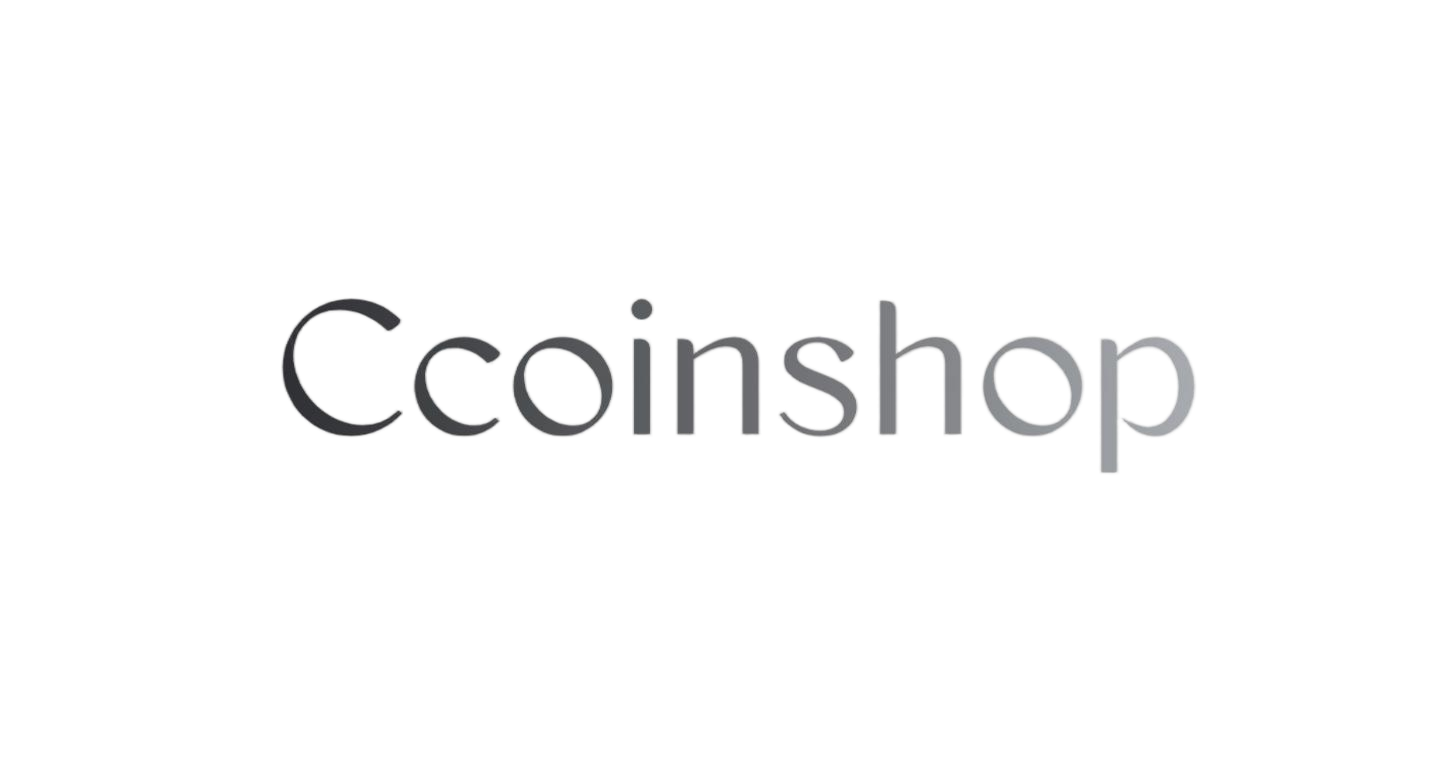HIBT Vietnam: Navigating the Digital Economy Transition
With global financial landscapes evolving rapidly, Vietnam stands at a pivotal moment in its economic growth. The transition to a digital economy has garnered attention, particularly with a focus on blockchain technologies. In 2024, it was estimated that $4.1 billion was lost to DeFi hacks globally, a trend that signals the urgent need for robust security measures in digital assets. A strong understanding of blockchain’s tiêu chuẩn an ninh blockchain (security standards) is essential for Vietnam’s economic transformation. This article delves into the critical aspects of this shift, offering insights and expert opinions to pave the way for a secure digital future in Vietnam.
The Rise of Vietnam’s Digital Economy
The landscape of Vietnam’s economy is changing. According to the Vietnam Internet Network Information Center (VNNIC), the number of internet users in Vietnam grew by 11% from 2022 to 2023, reaching over 75 million. This surge represents a fertile ground for HIBT Vietnam and blockchain technologies to flourish. The government’s initiative to enhance digital capabilities further fuels this growth.
Digital Economy Policy Frameworks
Vietnam’s commitment to becoming a digital economy by 2030 is evident in its legislative and regulatory frameworks. The government is prioritizing policies that support innovation and technology adoption, particularly in finance and logistics. Programs such as the National Digital Transformation Program aim to align with global standards, including those related to blockchain security. It is crucial to consider how compliance with tiêu chuẩn an ninh blockchain can protect consumers and enhance trust.

Blockchain Adoption in Vietnam
The adoption of blockchain in Vietnam, propelled by both local startups and international players, is reshaping various sectors. From supply chain management to financial services, blockchain applications are becoming mainstream.
Key Use Cases of Blockchain Technology
- Supply Chain Transparency: Blockchain offers traceable and immutable records that enhance transparency in supply chains, critical for industries like agriculture.
- Financial Services: Cryptocurrencies like Bitcoin provide alternatives to traditional banking, particularly important in regions with less banking infrastructure.
- Smart Contracts: Automating agreements securely reduces the need for intermediaries, streamlining processes across various industries.
The integration of these technologies is a major stepping stone towards achieving a fully-fledged digital economy. However, concerns about security vulnerabilities persist.
Security Concerns in Blockchain Implementation
Consensus Mechanism Vulnerabilities are one of the principal issues faced by blockchain systems today. The mechanism by which transactions are verified has direct implications for the safety of digital assets. Many blockchains use Proof of Work, but this system has been criticized for its energy consumption and vulnerability to 51% attacks.
Enhancing Blockchain Security
To mitigate risks, it is essential to adopt layered security strategies, including:
- Conducting thorough audits of smart contracts to identify flaws before deployment.
- Implementing multi-signature wallets to increase security through shared control.
- Regularly updating protocols to counter emerging threats.
By ensuring that systems adhere to the latest tiêu chuẩn an ninh blockchain, Vietnam can build a secure digital economy conducive to growth.
Vietnamese Market Perspectives on Cryptocurrency
Vietnam’s cryptocurrency market is witnessing exponential growth, with an increasing number of users participating in trading and investment. According to a 2023 report by Statista, approximately 26% of internet users in Vietnam have engaged in cryptocurrency transactions. This statistic underscores an urgent demand for educational resources and platforms that prioritize blockchain security standards.
Future Investments in Blockchain
Investing in blockchain technology is not just a trend; it’s a necessity. With projections indicating that Vietnam’s digital economy could reach $1 trillion by 2030, investment in blockchain solutions is integral in ensuring this infrastructural growth. Long-tail keyword queries like “2025年最具潜力的山寨币” indicate an increasing curiosity among investors. Understanding which cryptocurrencies and tokens are likely to gain traction can help stakeholders strategize their investments.
Conclusion: A Secure Future with HIBT Vietnam
Vietnam’s transition into a digital economy enriched with blockchain technologies presents vast opportunities. However, the challenges surrounding security cannot be overlooked. By adhering to strong security frameworks and continuously educating users, Vietnam can navigate towards a resilient digital future. The proactive measures taken by platforms like ccoinshop exemplify how to prioritize security and compliance while fostering innovation.
In wrapping up, remember that the move towards blockchain adoption requires not only understanding its benefits but also addressing its risks. As we approach 2025, Vietnam’s trajectory towards a digital economy reflects a promising future, one that very much requires the vigilant integration of robust security practices.
Through continued research and adherence to tiêu chuẩn an ninh blockchain, stakeholders can explore the potential of cryptocurrencies as a reliable asset class in Vietnam’s evolving ecosystem.
Author: Dr. An Nguyen, a blockchain expert with over 20 published papers in the field, has led audits for several prominent projects. His insights are crucial for navigating the complex digital world of finance.




